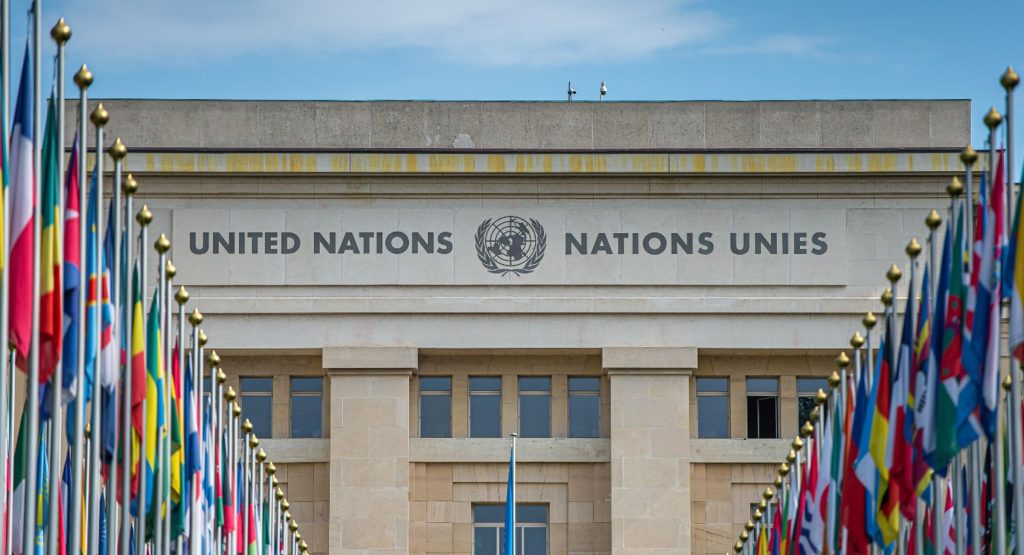The Nigerian government has clarified that it was not a candidate in the 2024 UN Human Rights Council elections, refuting claims that the country was overlooked in the recently concluded polls.
Mr Bayo Onanuga, Special Adviser to the President on Information and Strategy, stated that Nigeria’s focus was on supporting five endorsed African candidates, highlighting Nigeria’s commitment to fostering African unity.
Mr. Onanuga explained that the West African regional bloc, ECOWAS, endorsed Benin and Gambia for the 2025-2027 term on the Council. These candidates, along with Kenya, the Democratic Republic of the Congo (DRC), and Ethiopia, were successful in securing all five seats allocated to the African regional group.

“There was no competition in the African regional group, as the continent fielded the same number of candidates as available seats,” Mr. Onanuga said.
“Nigeria did not stand as a candidate for this cycle of elections Contrary to information circulating, Nigeria was not snubbed as some reports have falsely claimed. The country did not stand as a candidate for this cycle of elections, just like it did not stand for election in 2023 when a Nigerian medium sensationally reported that the country earned three votes.”
The Presidential aide reiterated that Nigeria was not listed on the ballot for the October 9 election and any recorded votes for Nigeria were the result of misunderstanding during the secret balloting process. He cited a similar occurrence in 2023, when a Nigerian media outlet falsely reported that Nigeria had earned three votes despite not being on the ballot.
Mr. Onanuga urged the media to verify information accurately, stressing that no such developments were reported by the Nigerian Mission in New York or the Ministry of Foreign Affairs. He also called on Nigerians to refrain from criticising their country hastily, particularly in international affairs.
On October 9, 2024, the United Nations General Assembly elected 18 new members to the Human Rights Council for the 2025-2027 term. The elected members included Benin, Bolivia, Colombia, Cyprus, Czechia, the Democratic Republic of the Congo, Ethiopia, Gambia, Iceland, Kenya, Marshall Islands, Mexico, North Macedonia, Qatar, South Korea, Spain, Switzerland, and Thailand.
The Human Rights Council is an intergovernmental body within the UN system consisting of 47 member states tasked with promoting and protecting human rights worldwide. The election, conducted by secret ballot, determines the members serving three-year terms beginning January 1, 2025, as they replace members whose terms end on December 31, 2024.
Countries such as Argentina, Cameroon, Eritrea, India, and Somalia, which had served two consecutive terms, were not eligible for re-election. Nations including Albania, Algeria, Brazil, China, Ghana, Japan, and South Africa will continue their service on the Council. Meanwhile, ECOWAS endorsed Benin and Gambia as its regional representatives for the next term.


